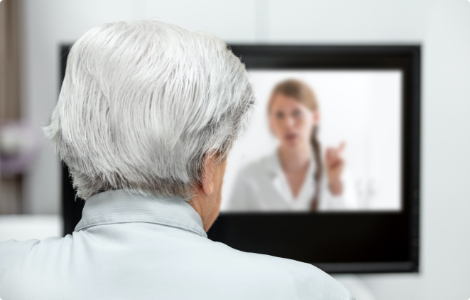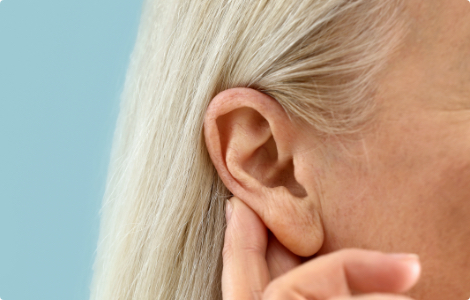Resources
We’re here for you through every phase of your hearing journey; and we’re committed to making every step as easy as possible. Whether you’re looking for hearing information or prepping for your first appointment, this page has you covered.
Patient Links
Everything you need, all in one place.
Below you’ll find everything you need for before, during and after your visit, as well as additional information on hearing healthcare.
Hearing Loss
What Exactly is Hearing Loss?
Hearing loss is the total or partial inability to hear sounds in one or both ears. It happens as a result of the aging process, noise exposure or other health conditions. A diagnostic evaluation is the best way to identify your degree of hearing loss and develop the best treatment plan.


If you’re trying to better understand your hearing loss, a basic comprehension of how the ears work can help. While our auditory system is incredibly complex, this page breaks down key information that can help shed more light on your hearing health.
More on Hearing – How the Ear WorksOnline Hearing Screening
Think You Might Have Hearing Loss?
Take our free, 5-minute online screening to get a better understanding of your hearing health. It can determine if a professional screening is right for you.
